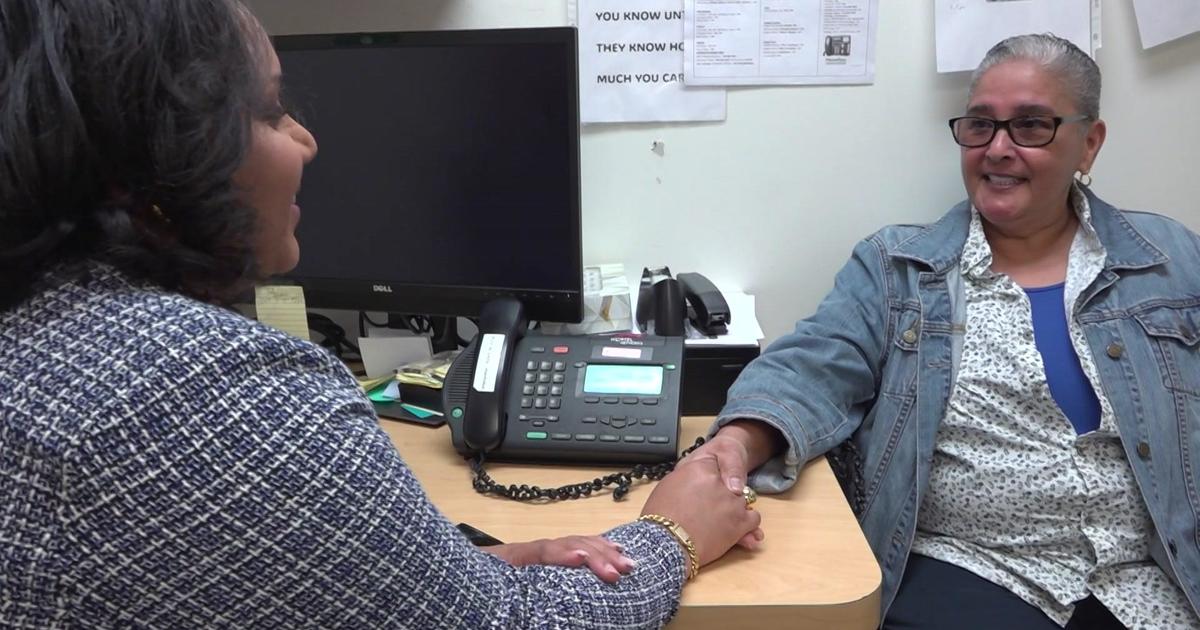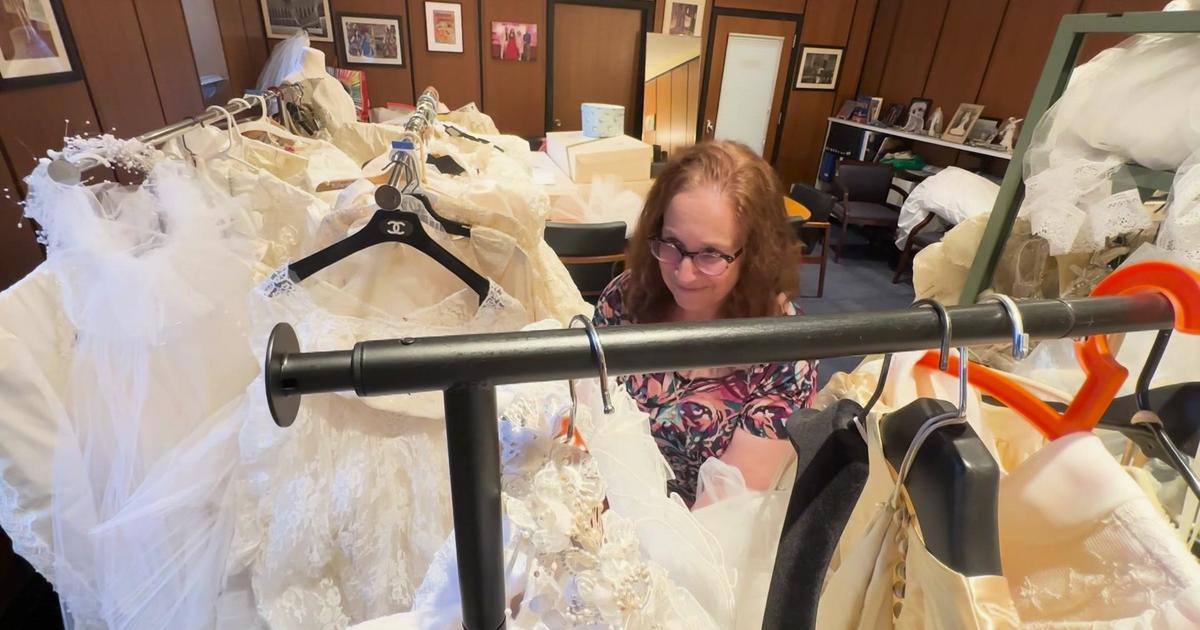New Pacemaker Can Be Implanted Without Surgery
NEW YORK (CBSNewYork) -- Relief for millions of Americans with heart issues could be found in something smaller than a nickel.
As CBS 2's Dr. Max Gomez reported, doctors are experimenting with a new tiny pacemaker that can be implanted without surgery.
At only 24 millimeters, the new pacemaker is about the size of just one of the pills Mary Lou Trejo takes to help control her heart condition.
"My heart does not beat regularly. It skips beats and sometimes it's normal and then all of a sudden it just goes out of rhythm," she said.
To better control that, Trejo became one of the first patients in the United States to have a new pacemaker implanted.
She knew she needed a pacemaker, but didn't like the size of traditional models or the wires that are used to connect them to the heart, Gomez reported.
"The new device is basically just the device. The electrodes are part of the can and therefore it eliminates the lead," said Dr. Ralph Augostini, with Ohio State's Wexner Medical Center.
Augostini implanted the pacemaker at Ohio State's Wexner Medical Center without surgery by feeding the device through an artery in Trejo's leg and attaching it inside her heart, Gomez reported.
The tiny, high-tech device will constantly monitor Trejo's heart rhythm and activate only when necessary, in order to keep her heart beating normally.
"If it stops for a moment, the pacemaker will kick in and keep your heart trundling right along. So with that sort of therapy, with intermittent pacing, it can last as long as 14 years," explained Dr. John Hummel, with Ohio State's Wexner Medical Center.
It's already working for Trejo, who said she was more than willing to test the new technology with the hope that it will pay off for others in the future.
"There's a lot of heart disease in my family and I thought this is a way that I could contribute. And I thought it would be very interesting," she said.
Since no surgery is required, implanting the new pacemaker only takes about 15 minutes and cuts down considerably on the risk of infection.
Doctors said the device is so small, if anything ever goes wrong, they could easily remove it or just leave it in place and implant a new one.
The device is not yet FDA approved. So far, only a few dozen have been implanted as part of a clinical trial.
Check Out These Other Stories From CBSNewYork.com:



